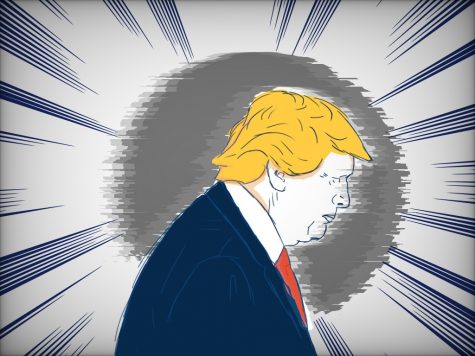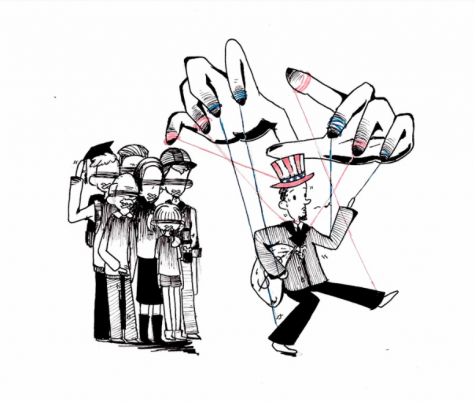A Joint Korean Team is a Step Toward Unity
On January 17, North and South Korea agreed to march together under one flag and field a joint women’s ice hockey team in the 2018 Winter Olympics. The Koreas’ agreement to field an Olympic team under a flag of unity is a tiny step towards a peaceful resolution of tension on the peninsula. The agreement throws a wrench into the United States’ strategy of hardline rhetoric and tough economic sanctions. Thus, the real question is whether the détente will positively impact the situation. This question is impossible to answer now, but one thing is for certain: Seoul must be allowed to take the lead and pursue peace by any means it sees fit.
President Trump has adopted a provocative and threatening rhetoric against the Kim regime. Trump has repeatedly threatened to use violence against North Korea, declaring at that “they will be met with fire and fury like the world has never seen.”
The resolution of unity between the Koreas to march and compete together under one flag lies in stark contrast to the warmongering of the White House. Although a proclamation of peace and a de-escalation of the Korean conflict is certainly far off, this resolution is still a small step in the right direction.
At this point, the amity from South Korea and enmity from the United States simply cannot coexist. Both nations must adopt a single approach. The United States should step aside, put down its megaphone of belligerence and demagoguery, and let the Koreas engage in meaningful diplomatic discussion. Of course, the U.S. should still maintain a presence in the dispute and on the peninsula itself, but it is not the country’s place to dictate the foreign policy of South Korea. If the South desires a peaceful settlement to its own crisis, the U.S. should not demand a violent one. The White House must stand down.
The hawkish policy in Washington is fundamentally opposed to the dovish policy in Seoul, as highlighted by the Olympics. A joint Olympic team might have no tangible effect on the status quo of hostility. However, it is a gesture of good faith and hope for future diplomacy, and therefore the United States cannot move to jeopardize the détente, whether by means of further sanctions or further inflammatory tweets.
Neither threats of war, nor economic sanctions, nor U.S.-led diplomatic talks have had much effect on the crisis. Perhaps it is time for us to stop thinking only of our interests in the Pacific theatre and focus on resolving the issue by letting Seoul pursue peace and security via diplomatic means.












